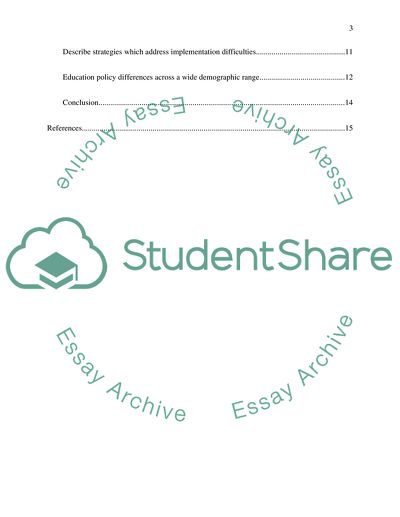Cite this document
(“Affect of Strategies on Educational Development in Children Research Paper”, n.d.)
Affect of Strategies on Educational Development in Children Research Paper. Retrieved from https://studentshare.org/education/1855047-educational-development
Affect of Strategies on Educational Development in Children Research Paper. Retrieved from https://studentshare.org/education/1855047-educational-development
(Affect of Strategies on Educational Development in Children Research Paper)
Affect of Strategies on Educational Development in Children Research Paper. https://studentshare.org/education/1855047-educational-development.
Affect of Strategies on Educational Development in Children Research Paper. https://studentshare.org/education/1855047-educational-development.
“Affect of Strategies on Educational Development in Children Research Paper”, n.d. https://studentshare.org/education/1855047-educational-development.


